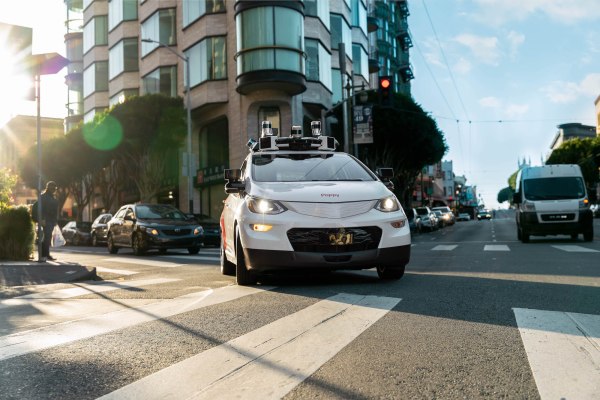Cruise said Monday it has started testing its self-driving vehicles in Atlanta as the company continues its ambitious plan to launch its robotaxi service in multiple cities. The announcement confirms previous reporting by TechCrunch that Atlanta would be the next city to see Cruise vehicles on public roads.
The company didn’t provide many details in its post on X, the site formerly known as Twitter, stating only “more to come.”
The announcement comes just a week since Cruise CEO Kyle Vogt said it would expand to Nashville and hinted that more cities would soon follow. Cruise also started initial data collection with manually driven autonomous vehicles in Los Angeles.
The company told TechCrunch that the operations in Atlanta are currently part of the larger testing strategy. Over the coming weeks, the company will begin initial data collection and testing in multiple cities across the country, according to the company.
That doesn’t mean all of these test cities will become robotaxi service cities. Although it appears that Nashville will get the commercial service.
Cruise’s self-driving vehicles are already on Nashville streets. A commercial ride-hailing service will follow, Cruise said without providing a specific date.
The burst of city expansion announcements is part of Cruise’s previously stated goal to begin testing and even launch a robotaxi service in multiple, new cities, according to the company.
A year ago, the company only operated in San Francisco. Cruise has since expanded to Austin, Dallas, Houston, Phoenix, Miami, Nashville and Los Angeles.
Cruise isn’t commercially operating in all of these cities just yet. Cruise has established a formula for its rollouts. The company typically enters a new market with test vehicles. Eventually, those vehicles will lose the human safety operator — making it driverless. A ride-hailing service will become available first to employees and then customers who have signed up for the service. The service area and hours often start on a limited basis and slowly expand.
